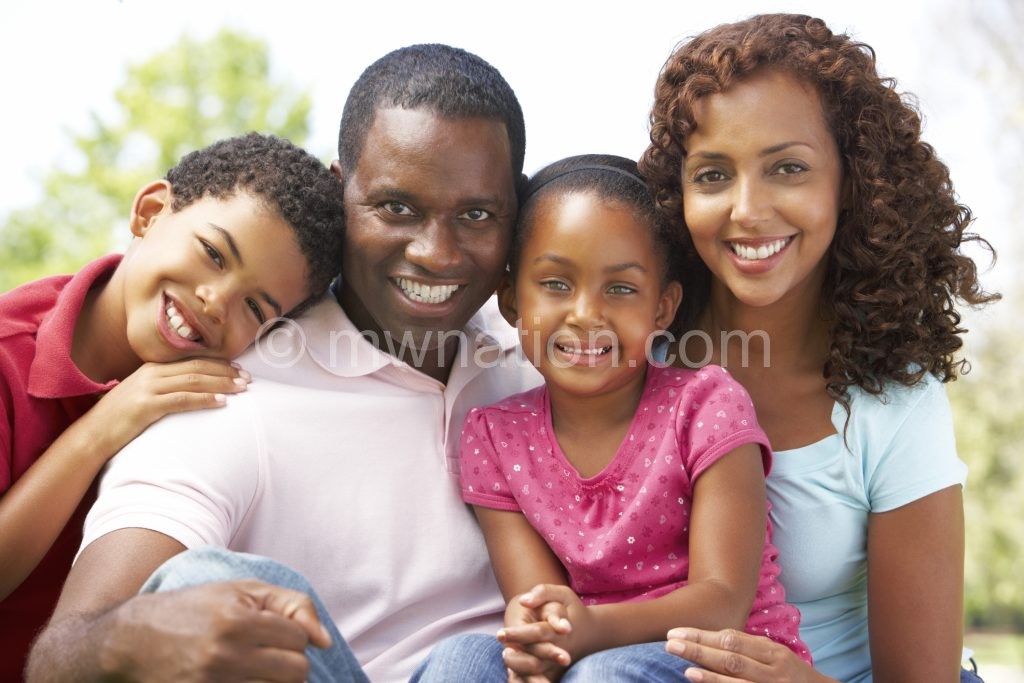Does parental love for step children change?
Between 2008 and 2013, Ndirande Township-based Nancy Laisi co-parented her ex-husband’s son, before giving birth to her own son in 2014. She says she was shocked by the different kind of love she felt for her own son.“I would be to die for my biological son, but I was not sure I could say the same about my step son as much as I loved him,” says Laisi.
Hers is not an isolated case. There are many women, and men alike, who previously loved their step children with their all, only to have it all turn around when they had their own children.

“I am a stepmother, and I can, honestly, say I hate my step son’s guts. He was the typical spoilt ‘daddy’s boy’ who had everything his own way from the time his father walked away from the mother. I think if we split up, I would not get into another relationship. It is not fair on the children or any future children I would have because it is almost impossible to have a blended normal family with the word ‘step’ involved. I am full of admiration to those who manage it,” says Laisi.
Chancellor College sociologist Charles Chilimampunga notes that the arrival of a child in a relationship where there was a child from a previous relationship sometimes diverts the parents’ attention from the stepchild to the biological one who may be regarded as the glue that unites the couple, that is, the cement that may help to strengthen the relationship.
He further observes that to some step-parents, the step-child is a constant reminder of a past relationship the biological parent had, which cannot only strain the relationship between the couple, but also, between the parent and his or her step-child.
In addition, Chilimampunga agrees that in many families with both biological and step-children, the children tend to be treated differently.
“There is a tendency to treat biological children more favourably than step-children. Also the love that step-children used to receive from their step-parent tends to subside. I strongly feel that it begins from terms such as “mwana womupeza” and “mwana ameneyu siwawo”, which send the message to the step-parent that the child is somebody else’s. In addition, if the child uses a surname that is different from the step-father’s, that drives the message home that indeed the child is not one’s own,” he said.
He further notes that quite often, when some members of the extended family feel that they have a stake in the family’s property, they put the step-parent under pressure, constantly reminding him or her that the child is not his or hers and that; therefore, that that child should not inherit anything from the parent.
He was quick to point out, however, that it is not all couples with step-children that have these negative experiences. In some cases, parents and their step-children share mutual love throughout their lives. There are some children who have only come to know of their non-biological relationship with a parent after they grew up, because the parents did not treat them any different. n




